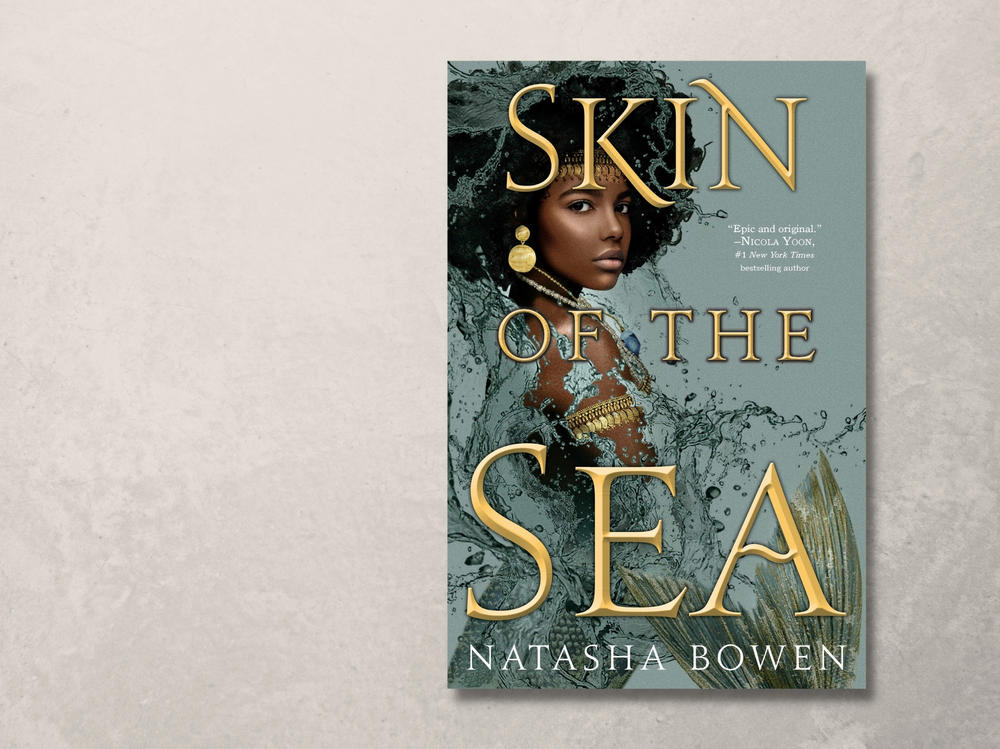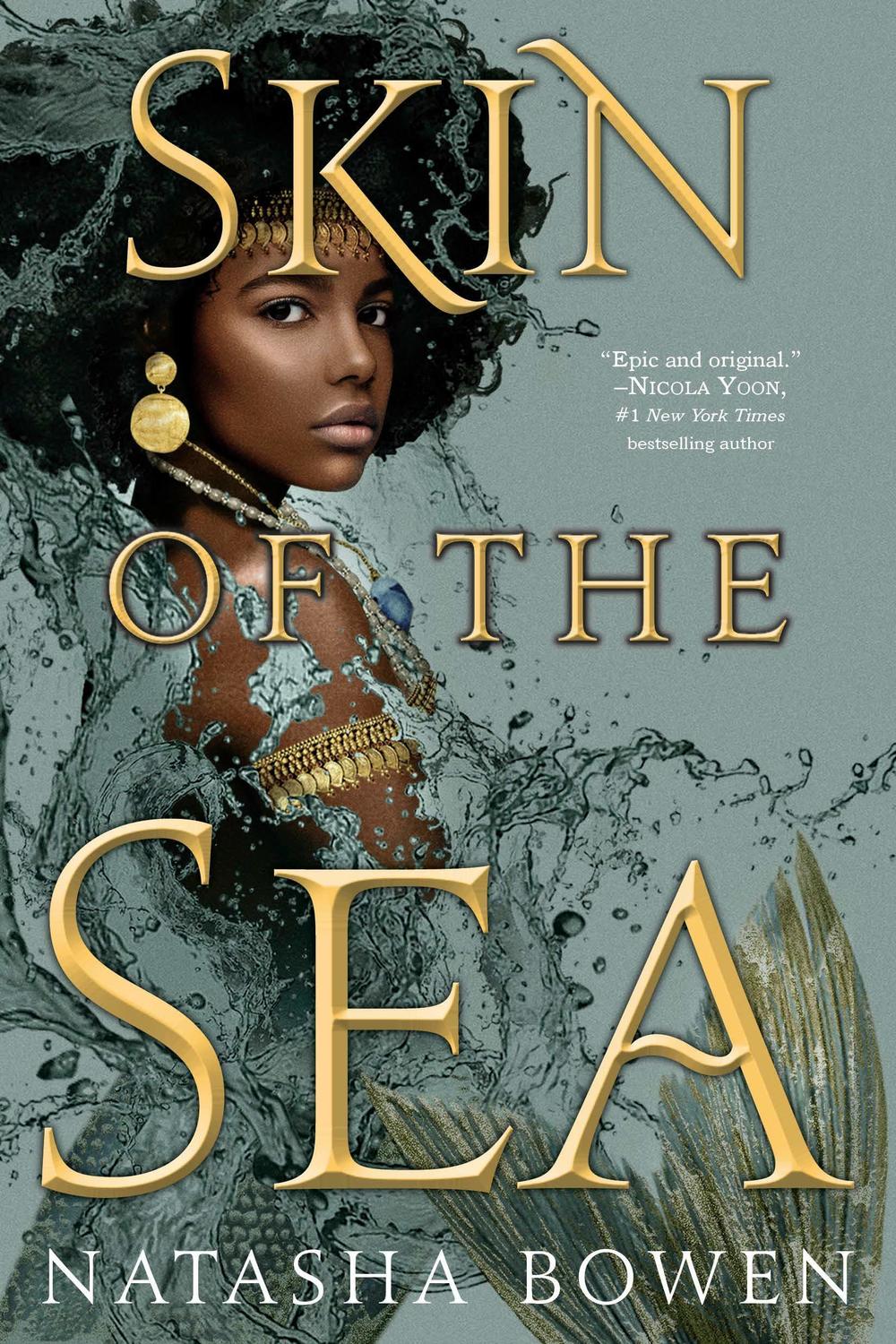Section Branding
Header Content
'Skin of the Sea' sends its little mermaid swimming into very different waters
Primary Content
The Little Mermaid is beautifully reimagined in this debut YA fantasy that draws inspiration from African history and lore.
Simi is Mami Wata — one of seven mermaids created by the Yoruba deity Yemoja. When the first West Africans were abducted and enslaved by the Portuguese and taken from their lands, Yemoja followed them, helping the souls of those who died find their way home again. She created Mami Wata to assist her, so Simi does her duty and follows the slave ships, watching for the dead. But unlike the other Mami Wata, she is troubled by confusing visions of her past life as a human and longs to remember exactly what she has lost.
Then a young man falls off a slave ship and into the sea. His is gravely injured — but not dead. Without considering the consequences, Simi decides to save him and carry him to safety rather than let him die. What she doesn't know is that her actions will have dire consequences not only for herself, but for all Mami Wata and even for Yemoja herself.
If Simi is going to undo the damage she has caused, she will have to journey with Kola, the boy she rescued, across both sea and land in search of the supreme creator who shaped humans and deities alike. She must then beg for absolution and find some way to make amends for her transgression. But finding the supreme creator will not be easy, especially when she and Kola are being pursued by Esu, the trickster deity, who seeks power at any cost.
And as if that wasn't hard enough, Simi must face an even more bitter task — to avoid falling in love with Kola. Because if she falls for him and acts upon that love, she will turn into foam upon the sea and cease to exist.
The Little Mermaid has long been a story that captures our imaginations. Merfolk have featured prominently in folklore for thousands and thousands of years, from ancient Babylon on down the centuries all the way to 1837, when Danish author Hans Christian Anderson published a very sad little fairy tale about a mermaid who gives up her voice for love and ends up as sea foam. So it seems fitting that the story is poised for a new, fresh version that takes what it wants from Anderson's and then swims into completely different waters, using myth to talk about the impact of one of the grimmest chapters in human history.
Skin of the Sea is not afraid to acknowledge the atrocity and horror of the slave ships that Simi and Kola encounter, but it doesn't choose to linger long. Instead, the story takes a wider view of the lives of the people who have been uprooted by slavery and the rich and complex cultures they were stolen from. We meet rebels who have escaped and seek to liberate others. We see the people who struggle with the loss of their loved ones. We encounter the gods whose own existences have been stretched and twisted by the hardships their worshippers face.
I'm not qualified to critique the way that Yoruba deities are represented in this book, but I enjoyed how human and relatable these depictions of them are. Likewise, the lore in Skin of the Sea, from the Mami Wata to Senegalese fairy-folk called Yumboes to a very fearsome river serpent, is lovingly depicted and creates a rich and fascinating tapestry to fill out Simi's story.
Simi herself is a sweet character — always trying her best to do what is right in the face of trauma and hardship. Hers is definitely the richest personality in the story, which makes sense, given that she is the protagonist. I did find some of the other characters to be a little less developed as she assembles a team to aid her in her quest. The adventure party eventually becomes rather big and it felt like perhaps there were so many characters, it was hard for them all to have their moment to shine.
But by the end of the book, it really comes down to Simi and the gods, and the riveting conclusion to their epic struggle has definitely set the stage for a sequel. I'm sure that Simi will have many ardent fans to await her further adventures.
Caitlyn Paxson is a writer and performer. She is a regular reviewer for NPR Books and Quill & Quire.
Copyright 2021 NPR. To see more, visit https://www.npr.org.


